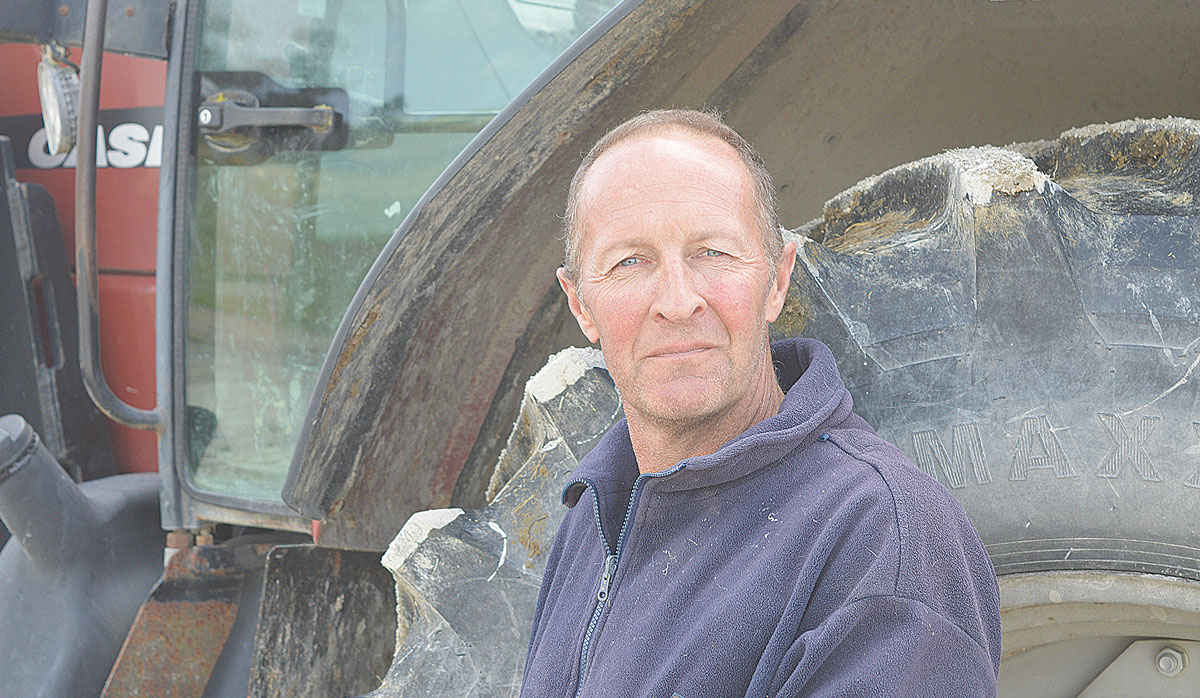Nestle reportedly withdraws from methane accord
The ACT Party says media reports that global dairy giant Nestle has withdrawn from the Dairy Methane Action Alliance shows why New Zealand needs to rethink its approach to climate.
ACT Party primary industries spokesperson Mark Cameron says farmers are right to be angry over the Government’s emissions pricing plan.
The plan, which is currently up for consultation, would see farm emissions priced at the farm level.
Cameron says the whole country should be “up in arms” over the policy.
His comments come as farmers take to motorways, towns and cities in a protest organised by rural lobby group Groundswell NZ against the policy.
“The Government claims it has worked with the agriculture industry, but it has come out with a proposal that doesn’t even resemble what the industry put forward.”
Cameron says the Government’s plan doesn’t recognise sequestration and doesn’t involve farmers involve farmers in the governance.
“Without new technologies before 2030, the Government estimates a 5.3% reduction in dairy, 21.4% reduction in lamb and 36.7% reduction in beef,” he says.
 |
|---|
|
ACT primary industries spokesman Mark Cameron. |
Cameron claims that if the policy were to go through small towns like Wairoa, Te Kuiti and Moerewa would lose their main employers, and provincial towns would be hammered.
“The policy will increase emissions,” he claims, pointing to the He Waka Eke Noa Independent Report.
The report states that with partial offsetting, there could be a 15% increase in global emissions for every tonne of emissions reduced.
“The Prime Minister wants to go on the world stage and say that New Zealand is the first country to price agricultural emissions. But under this proposal we won’t be leading, we’ll be bleeding,” says Cameron.
Legal controls on the movement of fruits and vegetables are now in place in Auckland’s Mt Roskill suburb, says Biosecurity New Zealand Commissioner North Mike Inglis.
Arable growers worried that some weeds in their crops may have developed herbicide resistance can now get the suspected plants tested for free.
Fruit growers and exporters are worried following the discovery of a male Queensland fruit fly in Auckland this week.
Dairy prices have jumped in the overnight Global Dairy Trade (GDT) auction, breaking a five-month negative streak.
Alliance Group chief executive Willie Wiese is leaving the company after three years in the role.
A booklet produced in 2025 by the Rotoiti 15 trust, Department of Conservation and Scion – now part of the Bioeconomy Science Institute – aims to help people identify insect pests and diseases.